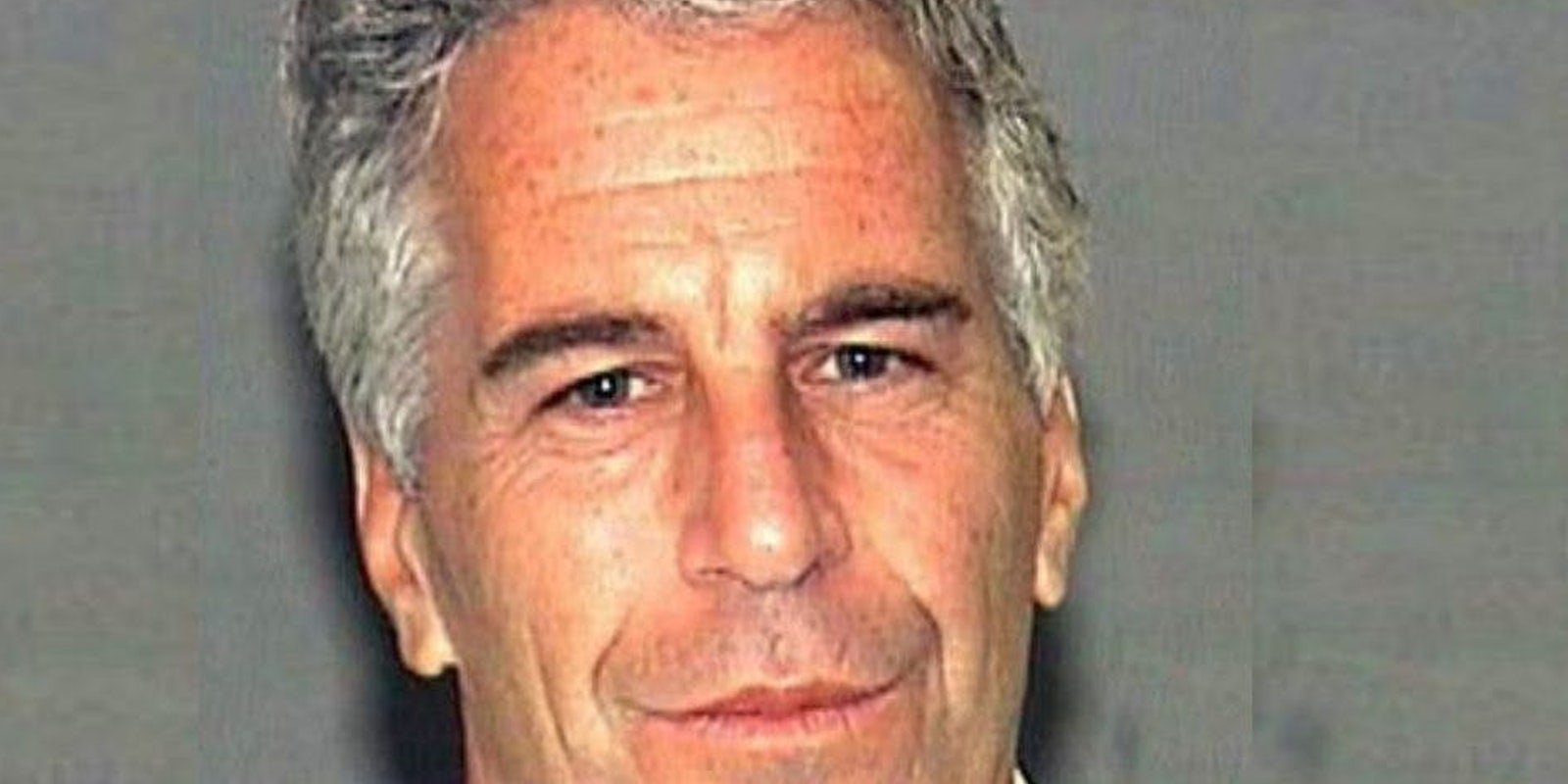Lawyers for JP Morgan Chase & Co. (JPMC) and Deutsche Bank (DB) said they shouldn’t have to reimburse the Epstein Victims’ Compensation Program (EVCP) for work the EVCP carried out in complying with the banks’ subpoenas, according to court filings.
The dispute over costs stems from lawsuits filed by lawyers representing victims against the banks last year. They alleged that the banks had knowledge of and facilitated Jeffrey Epstein’s criminal enterprise. A judge agreed to a $290 million settlement in the JPMC case at the end of June. Deutsche Bank accepted a $75 million agreement to settle the case in June.
In a letter filed on July 21st, as revealed by the Daily Dot, the EVCP claimed it incurred over $1.5 million in fees to produce the documents the banks requested in the discovery process.
But JPMC claimed that a bulk of those fees came from the EVCP’s refusal to comply with the subpoena.
JPMC wrote that it would be willing to pay the EVCP $700,000—half what the bank said the production of the spreadsheet would have cost—if EVCP had simply complied with the redactions and produced the spreadsheet immediately.
EVCP’s efforts to avoid JPMC’s subpoena extended to an attempt by one of its agents to evade service by driving away from a process server, JPMC alleged.
Citing still-redacted court filings, JPMC said that the reason the EVCP opposed the subpoena request was because it believed it was an improper attempt to “invade EVCP’s confidential files.”
At the end of March, the court issued an order compelling the EVCP to produce the files, particularly documents that would show the “claims and allegations made by each EVCP applicant,” according to the JPMC filing.
JPMC initially sought the original documents detailing these claims, but the EVCP refused to produce these in a redacted form. Instead, it hired attorneys to produce a spreadsheet that “extracted categories of information on the applicants from the underlying documents.”
JPMC says it agreed with this arrangement so it would receive the files in time to make its argument against the class certification for the lawsuit.
JPMC cited guidance the court proposed on how to handle redactions and said that if the EVCP had followed this guidance, it could have avoided the high fees incurred.
“[A]nything that on its face would identify who the person was will be redacted,” the court wrote on March 16, according to JPMC. “But that’s not the same as saying, oh, if you wanted to do a lot of homework after you’ve got this, you might be able to figure out who that is. That would be too burdensome … [and] impossible to carry out.”
The EVCP “insiste[d]” on a “work-around,” JPMC said. Instead, it paid Big Four firm PwC $348,117 to compile the spreadsheet, an expense the bank considered to be reasonable.
But it disputed other fees to the EVCP’s chief legal counsel ($98,817), chief of staff ($4,845), and administrator ($485,088).
While rejecting that the claims were legitimate, JPMC also said that if it were ordered to pay any fees, it should split them with Deutsche Bank.
In Deutsche Bank’s own filing, it claimed that it made efforts to “reduc[e] EVCP’s costs and burden.”
It produced emails detailing an agreement it said it made with the EVCP to withdraw their further requests in exchange for being given a copy of the productions it made to JPMC.
Deutsche Bank closed its letter by arguing that the fee request be denied.



